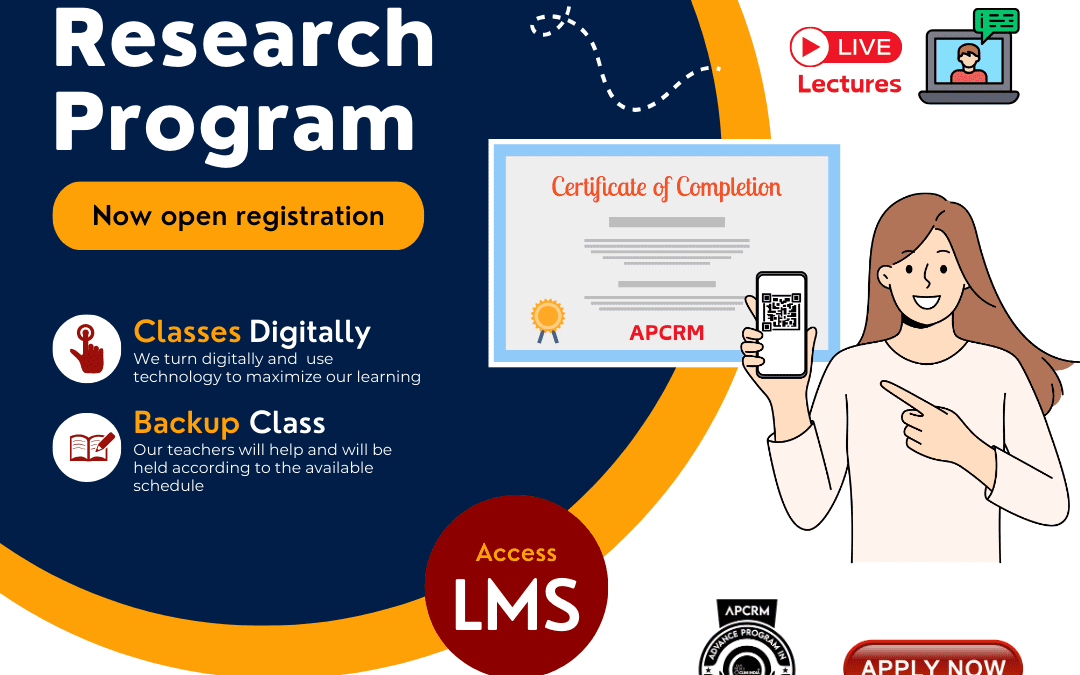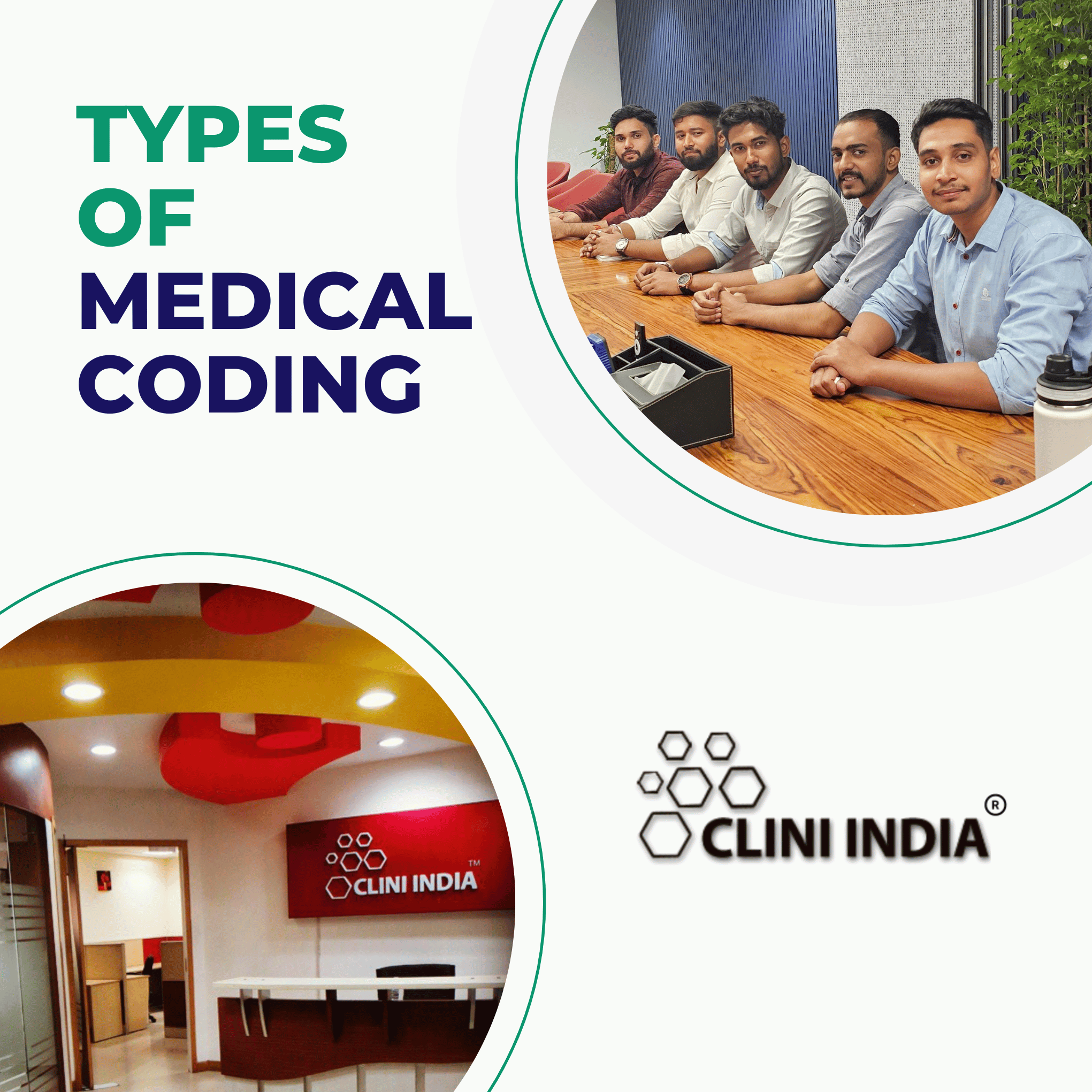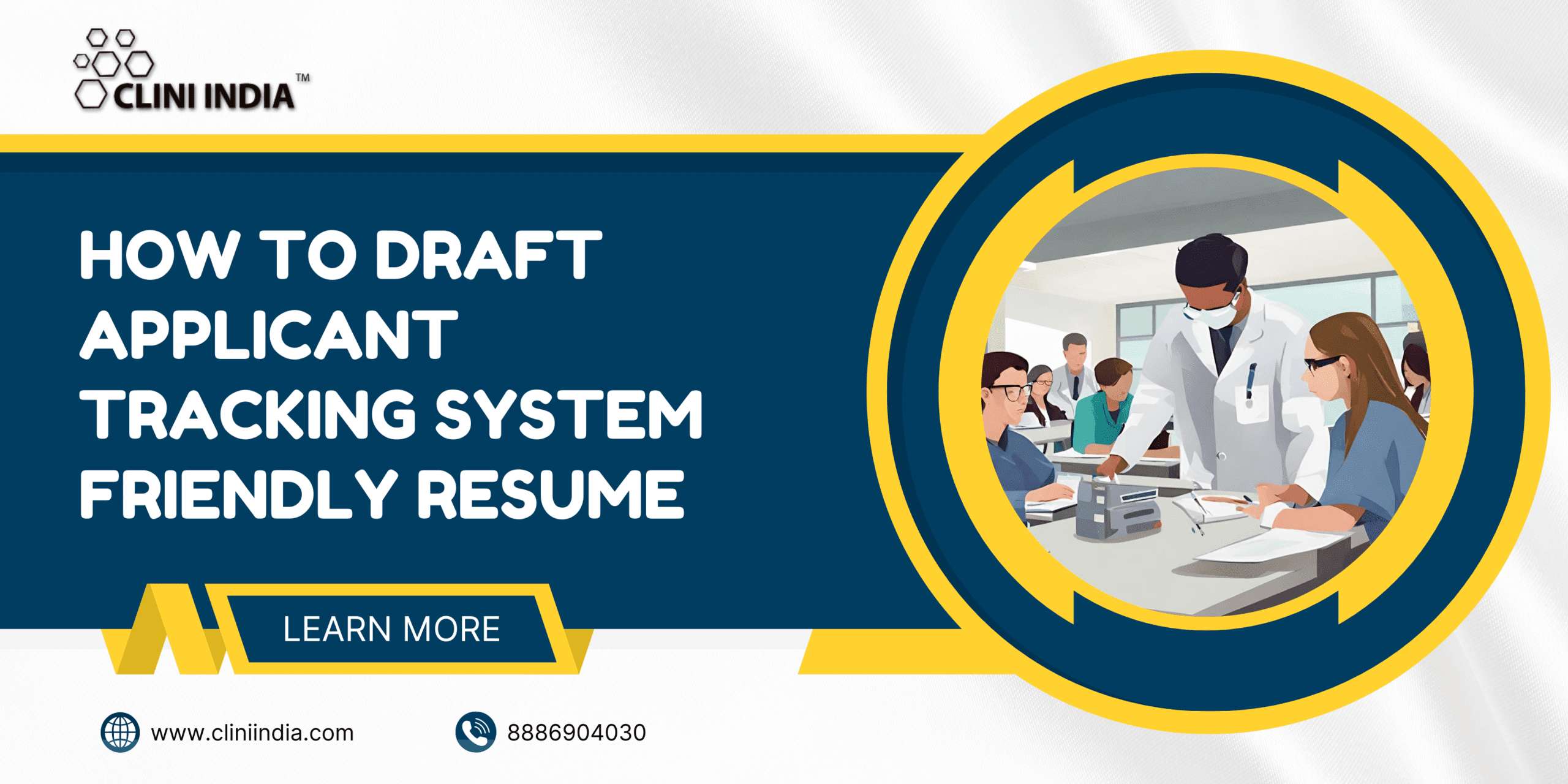

eCTD Workshop by CLINI INDIA
CLINI INDIA hosted a comprehensive workshop on the Electronic Common Technical Document (eCTD) to support professionals in mastering one of the most critical aspects of pharmaceutical regulatory submissions. This workshop designed to empower participants with...

Different Job Designations in Clinical Research and other domains
Different Job Designations in Clinical Research- Clinical Trial Management Clinical Trial Associate (CTA) Assists with administrative tasks related to clinical trials, such as document management and meeting coordination. Clinical Research Coordinator (CRC)...

Future of Pharmacovigilance in India
Pharmacovigilance Careers in India Pharmacovigilance plays a crucial role in ensuring the safety of drugs by monitoring and assessing adverse drug reactions (ADRs). In India, the pharmacovigilance sector is rapidly expanding, thanks to the growth of the pharmaceutical...

Top Clinical Research Courses in Bangalore
Top Clinical Research Courses in Bangalore CLINI INDIA indeed has a strong reputation in the field of clinical research. Based in Bangalore, a hub for technology and innovation, it benefits from a vibrant ecosystem that fosters growth and excellence. Their programs...

Top Clinical Research Course in Pune
Clinical research is the cornerstone of advancements in healthcare, driving the development of new treatments, medications, and medical devices. It involves a meticulous process of testing and validating the safety and efficacy of these innovations before they are...

Top Clinical Research Institute in Pune
Here are a few reasons why CLINI INDIA is recognized as the best clinical research institute in Pune: Cutting-Edge Curriculum: Our comprehensive curriculum is meticulously crafted to align with industry standards and equip our students with the latest knowledge and...

Top Clinical Research Institutes in India
Following is the list of Top Clinical Research Courses in India 2020 . Are your planning to pursue a career in Clinical Research in India then you are at the right place. The list here includes various courses in India that offer great career opportunities for you if...

Learn how your bio-pharma degree can help you to build your career in clinical research
KNOW HOW OUR HOME BASED LEARNING, CAN HELP YOU TO BUILD YOUR CAREER IN CLINICAL RESEARCH. In this 100% Online Clinical Research Training program, you’ll begin by building your knowledge on basics of Clinical Research. Then, decide where you want your career to go next...

Clinical Trials and Its Importance.
What is a clinical trial? A clinical trial is a research investigation when a new treatment is first given to humans, with or without a disease, to establish if the drug is safe and effective at treating the disease. Clinical trials, also known as clinical development...
























































